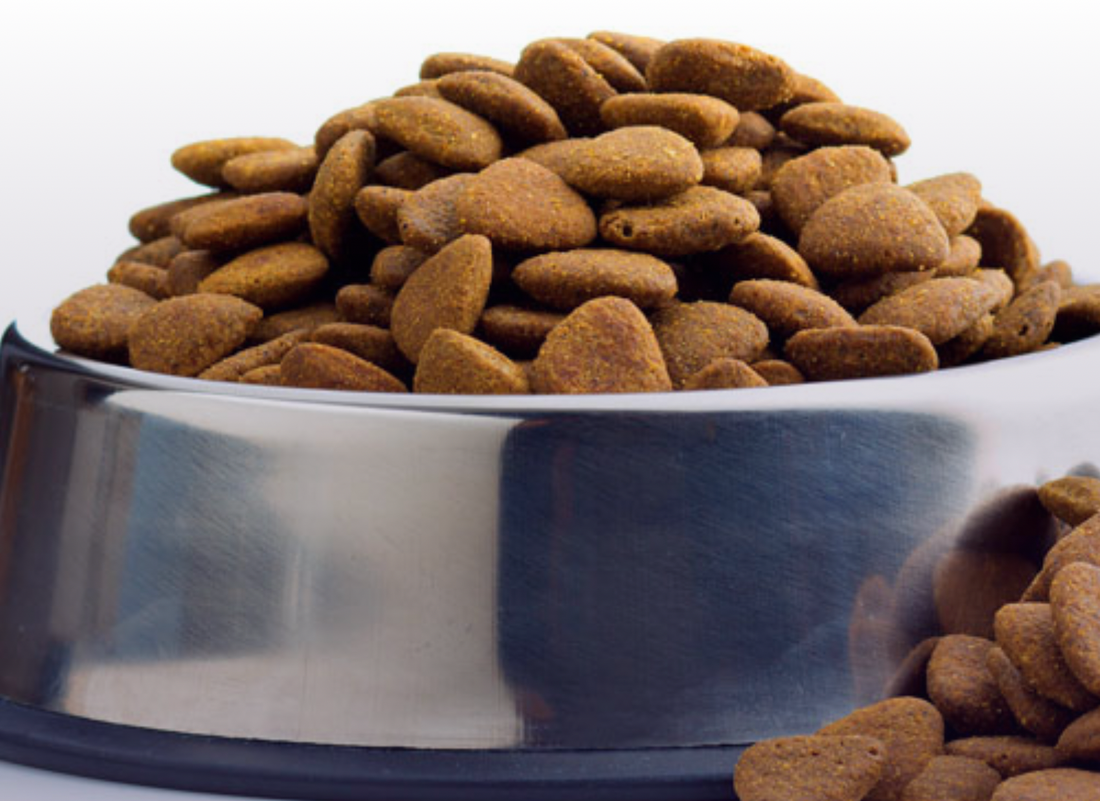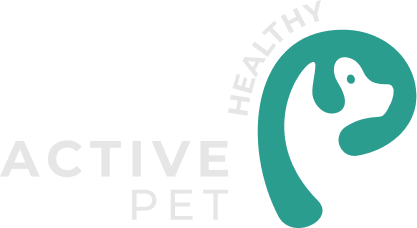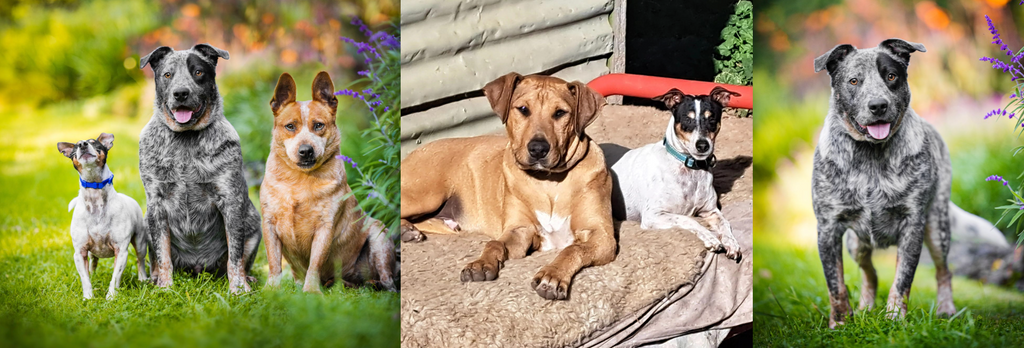
Why do some vets recommend and sell kibble?
Confused about vets and kibble? Then hear directly from our Pet Nutritionist Clare on the subject below
If you’ve done your research and decided that a fresh food diet is the way to go for your beloved pet, it can be extremely confusing to then go to the vet and see rows of heavily processed food that you’ve been led to believe is not in the best interests of their health.

Or worse, your vet actually advises against a homemade diet, warning you of the many risks of feeding fresh food and insisting you switch back to this heavily processed commercial food.
Why would vets sell and recommend this food if it wasn’t the healthiest, best option?
This is a tricky topic and one we approach with a heavy dose of respect for vets, and a wealth of gratitude for everything they do to keep our pets healthy and safe.
Unfortunately, it’s not unusual for die-hard fresh feeding advocates to accuse vets of all sorts of awful things when it comes to pet food, from personally taking kickbacks from pet food companies to even wanting animals to get sick so they have more business.
These are harmful myths that are, generally speaking, totally false.
The reality of why these foods feature so heavily in veterinary clinics is in some ways is actually far more troubling, but at a personal level, it's not fair to place all of the blame on individuals who care greatly about animal welfare.
At the end of the day, the vast majority of vets are not experts in nutrition (processed or fresh). Typical companion animal veterinarians are much more comparable to a GP or surgeon, specialising in the clinical treatment of illness, injury and disease.
Some veterinarians do undertake further study in nutrition, but these vets are often the ones who do support fresh food diets.
Where things start to get rather murky is when we look at the overarching influence of the processed pet food industry on the veterinary industry as a whole.
In 1997 the senior vice president of global marketing and sales at Colgate, the parent company of Hill’s Pet Nutrition, admitted to the Wall Street Journal that "the bulk of our expenditure goes to the veterinary community," a strategy based on Colgate’s success in targeting dentists to endorse their toothpaste, beginning in dental school programs.
As far back as 1997 Hill’s was funding nutrition education in half the veterinary schools in the US, and currently all 7 universities in Australia that offer veterinary science degrees also have corporate relationships with one or more of the “big three” pet food companies, the details of which they guard closely.
Veterinary teaching hospitals are targeted with lucrative contracts in exchange for promotion of their “prescription” foods, and major pet food brands often recruit “student representatives” at universities.
Perhaps most concerningly, the Small Animal Clinical Nutrition textbook that is still widely used around the world as the gold standard resource for dog and cat nutrition was written by Hill’s Pet Nutrition employees, and is published by an associated non-profit bearing the founder of Hill’s name and fully funded by them.
These companies also spend an inordinate amount of money on clinical research in highly controlled environments using heavily refined ingredients to support their dubious nutrition claims, and funnel large amounts of cash into countless seemingly independent veterinary nutrition associations and foundations, which coincidentally all endorse and promote their products and research.
Ultimately, some of these products do work. In the case of animals with severe food allergies, hydrolysed diets made from feathers don’t cause an allergic reaction because they are so intensely processed that the animal’s body does not recognise them as proteins, so they do not react.
But they do nothing to address the underlying issues or promote good health. Rather they manage symptoms, often temporarily, while potentially causing other longer term issues that are not so easily linked back to nutrition.
While frustrating, this is, largely, not the fault of vets.
It is a result of these billion dollar corporations using their massive influence to infiltrate the veterinary industry from the moment students set foot on a university campus, and the blame should lie squarely with them.
Despite this, there are vets who support a homemade or fresh food diet, and many of them feed their own pets this way.
Finding one can take a little research, but it is well worth it to feel supported in the approach you have chosen to nourish and care for your pet.
To learn about what is in commercial food read here
You can see our FAQ's on raw feeding here
Or you can get full access to our 4 week meal plan programs and raw food recipes here





